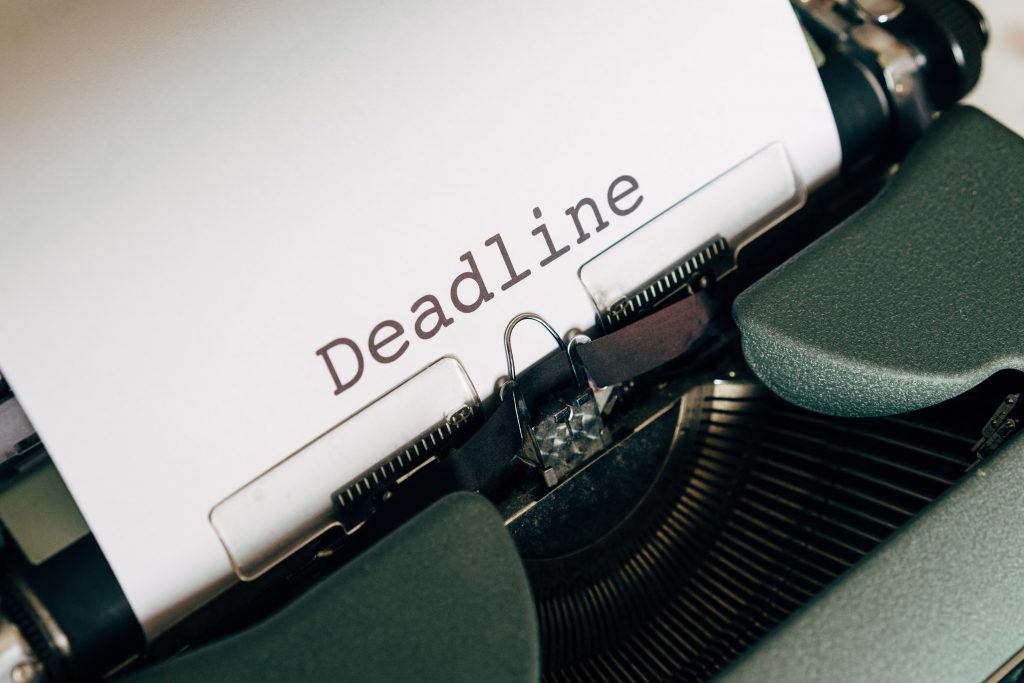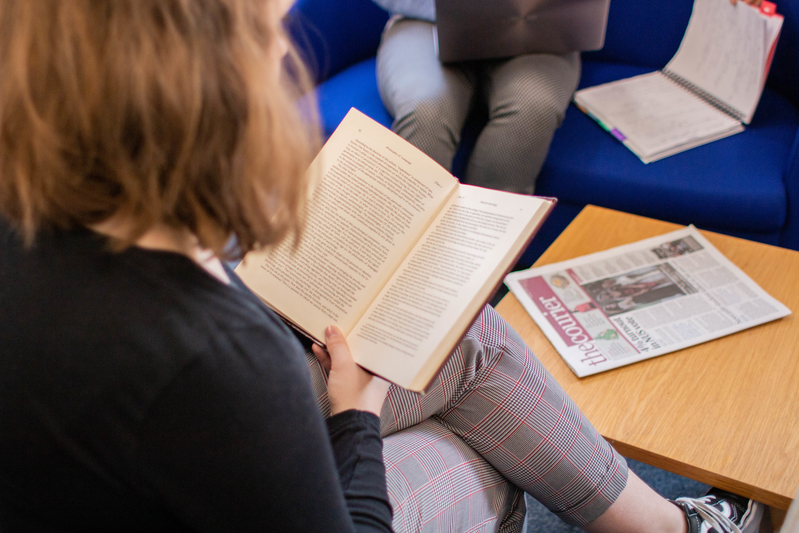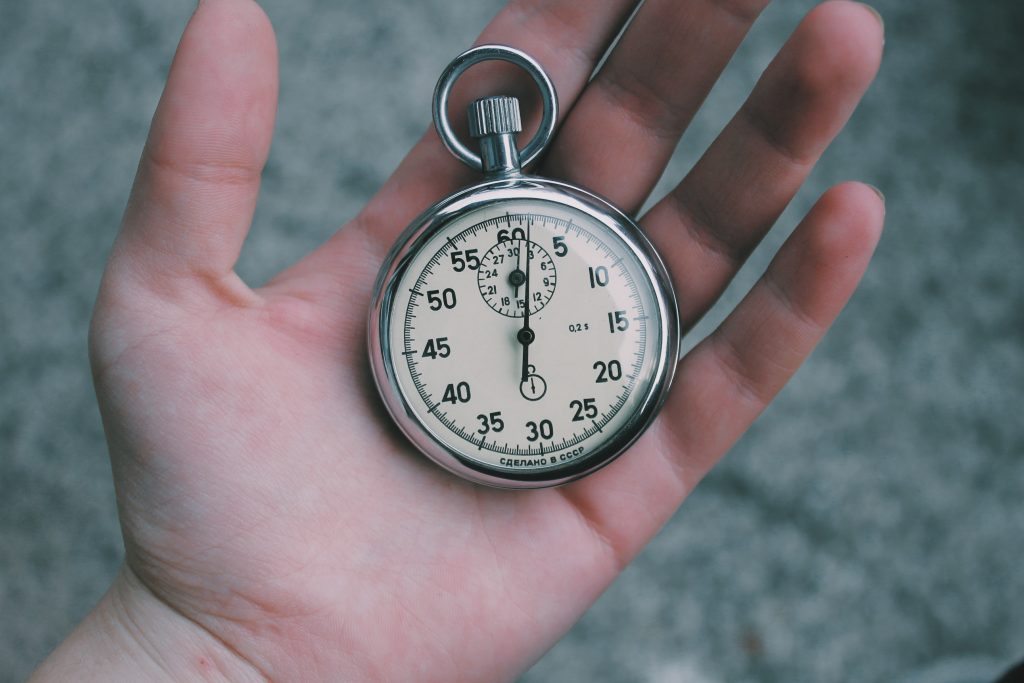
Timed writing blocks are more productive than a whole afternoon’s procrastination…
At university you’re supposed to take charge of yourself, organise your own time and study habits, in order to meet the deadlines calmly. Many of us can find this hard though, preferring to do things that seem quick and doable, that can be ticked off a to-do list in a matter of seconds, rather than tackling the (often important or crucial) things that may at first glance make us feel apprehensive. But ultimately, the fact is the assignment deadlines do not move and at some point we’ve got to get our heads down to the in-depth stuff. Dissertations can be even more of a challenge- they are a long piece of work, but the deadline can also seem a long way away… and putting it off can be too tempting!
There are a number of strategies you can use to help build up the confidence to squash this procrastinator in you, but I’m going to focus on one in particular: sometimes it can help to think of a dissertation as a process, not an end product. Breaking a writing task (however small) into chunks can really change how manageable an assignment feels. Viewing a dissertation as a compilation of little pieces, little pieces that can all be completed at different times, not all in one go, and which are then put together to make the whole, can make the process of putting together your submission remarkably less stressful if not, dare I say it, enjoyable.
The first time I tried this out, I sat in a writing group with other students where we were given space to write continuously for 30 minutes – we were timed. Having never broken my writing sessions down into timed blocks, I found the whole experience a total revelation, going from feeling really sceptical at the start, to seeing that I was able to produce just over 400 usable words in 30 minutes. What I learned from the session was that:
1) It is possible to make time for writing.
2) Half-an-hour can be lot more productive that we generally give the time credit for.
3) Using time blocks of 30 minutes, 45 minutes or 1 hour are so much more appealing than saying ‘This shall be my writing day’. This means that every day there is guaranteed other time for non-work time. Block out the distraction and focus for a just a little bit; then go enjoy.
4) Asking yourself questions like, ‘when do I start shifting in my seat?’ or ‘when do I notice my mind starting to wander?’ can really help identify how long your writing-time blocks should be. For some an hour is great; for others, 40mins might be the max time – it’s an individual thing. For me, after one hour I move into restlessness and lose focus, so that’s the time to break, rather than forcing myself to carry on trying to write brilliance that won’t come (please remember, breaks are important!).
Using your preferred timer-tool on a daily basis, set at whatever time fits your concentration span, can help you:
- Produce work that is structured;
- Reach your individual writing targets;
- Allocate procrastination to specific time slots in the day, where it doesn’t intrude on the important studies you have to handle.
Giving short writing goals a go will not only help you identify how long it takes for your focus to drop away, but it will help you organise and shape your time much more productively in order to meet that deadline. Try a timer and you may be surprised at how much you don’t miss procrastinating…
Posted by Heather




